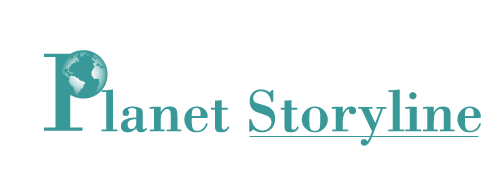Revolutionary healthcare transformation is brought about by blockchain technology. It helps secure the data, organize medical records, and optimize pharmaceutical supply chains. By 2032, almost 20% of the total GDP in the U.S. will be proposed to go into health. It is time to keep the immense challenge brought upon the health industry by excessive prices, inefficiency, and many data breaches. Decentralization and transparency regarding establishing blockchain technology will come up with some bright solutions to those problems.
Making Secure Healthcare Data
The figures from 2023 point towards 725 breaches involving over 500 patient records in healthcare. Encryption through blockchain, alongside distributed storage, enables security so that a maximum of designated persons can access records while protecting the patient’s anonymity.
Novo Nordisk facilitates incorporating blockchain into clinical trials through its electronic patient interactive device (ePID) to protect patient data and guarantee the integrity of trials.
Akiri provides a network-as-service platform that allows real-time verification of health data transmissions without storing the data.
BurstIQ creates secure storage and data-sharing channels that lead to compliance with the Health Insurance Portability and Accountability Act.
Medicalchain manages health records that are effective and secure, providing efficient sharing among healthcare providers.
Guardtime improves the safety of the Estonian medical system and is expanding in the UAE.
Blockchain-Based Medical Records
According to estimates, one-quarter of the money the U.S. spends on healthcare is wasted through duplication of services and administrative inefficiencies. As compared to other means, blockchain technology provides better access to patient records, thus promoting accurate diagnosis and individualized treatments.
Avaneer is backed by some of the most prominent primary healthcare-marketed players who support using blockchain to improve claims processing and protect information exchanges.
ProCredEx keeps a blockchain ledger for validation credentials based on the healthcare industry, thus speeding up the qualifications gained.
Patientory uses end-to-end encryption to efficiently store and share the patient’s data within the healthcare sector.
Enhancing Medical Supply Chain Management
Transparency and traceability for blockchain will aid in tracking pharmaceutical products from their manufacturing source until they reach the patient’s palm.
Chronicled constructs blockchain networks for authenticating medicines and defying illegal drug trafficking.
Embleema combines clinical trial data, stores them safely, and allows fast analysis.
Tierion produces timestamps that hold drug possession and distribution records using timestamped credentials.
SoluLab develops blockchain applications primarily for drug authentication and secure medical data.
FarmaTrust fights against counterfeit drugs and brings an app that can be used to check the truth of medications.
Blockchain in Genomics
As genome sequencing costs have dropped to a convenient $600 or so, blockchain provides a safe avenue for data storage and the marketplace of genetic information.
Sharecare’s Smart Omix platform integrates wearable devices and e-consent to support research.
Nebula Genomics could let users sell their encrypted genetic data directly to researchers without intermediaries.
EncrypGen Gene-Chain helps secure the buying and selling of genetic data while ensuring user privacy.
Blockchain surrounds almost every aspect of healthcare with security, efficiency, and transparency, from addressing critical problems affecting the industry.




